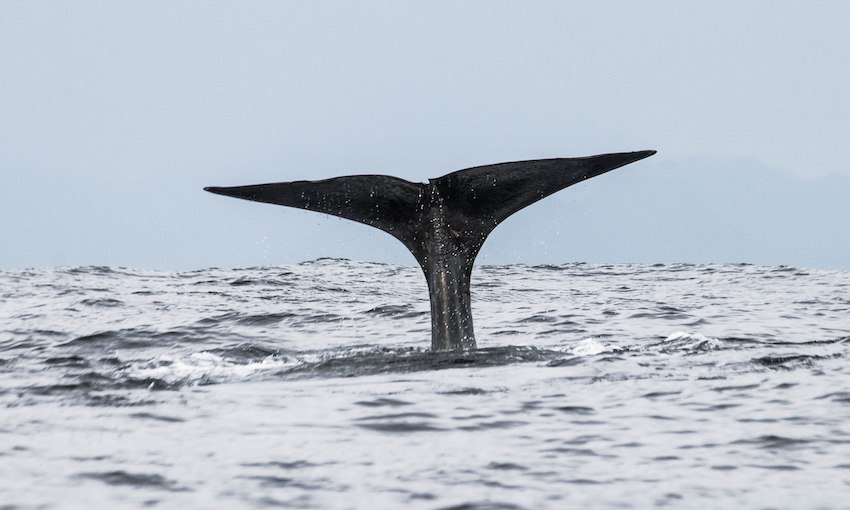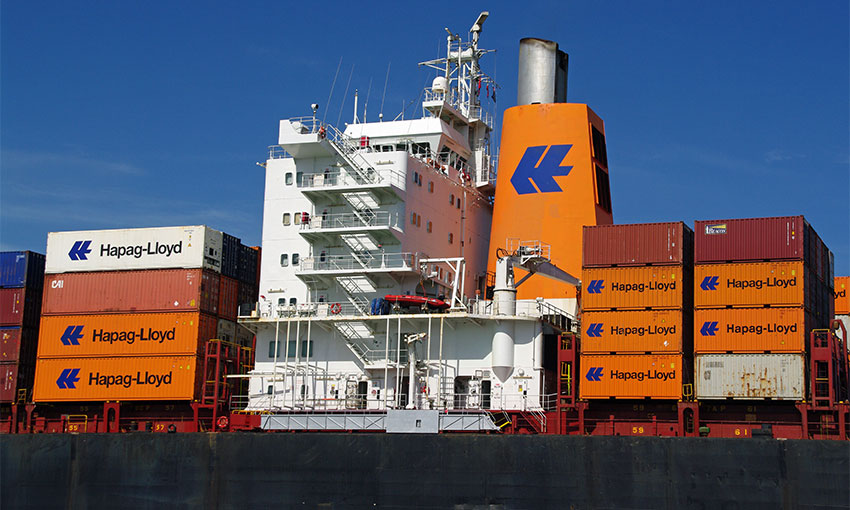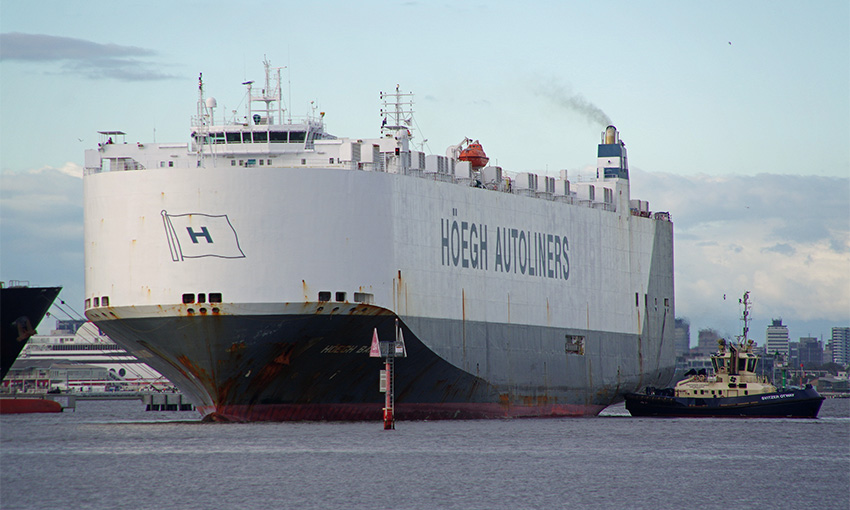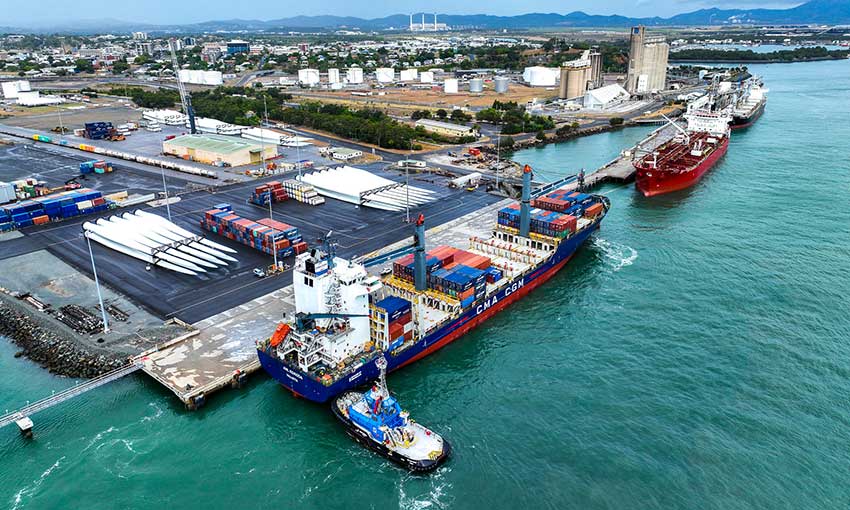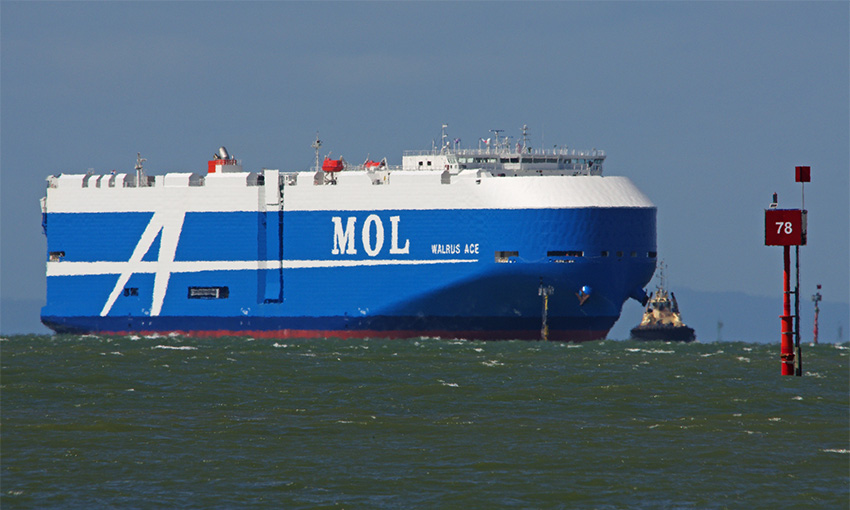MSC has announced it will re-route its containerships off the west coast of Greece to reduce the risk of collision with endangered sperm whales in the Mediterranean.
The decision follows a conversation with four major environmental NGOs who urged the company to steer clear of the area, safeguarding the critical habitat for the subpopulation of whales.
MSC is the first major shipping line to re-route its vessels in the region, where between 200 and 300 sperm whales remain.
“As a global leader in container shipping and logistics, we have a responsibility to ensure that our cargo operations make a positive impact, reflecting our longstanding commitment to conserving and protecting the ocean and marine wildlife,” MSC vice president of sustainability Stefania Lallai said.
“Collaborating with NGO partners is key to understanding and taking action to protect endangered sperm whales along the Greek coast.”
More than half the sperm whales found stranded on the Greek coast show evidence of vessel collisions, known as ship strikes.
Most collisions are fatal, though some surviving whales carry scars from encounters with ship propellors.
Evidence shows that only a small proportion of ship strikes are detected and reported, as many mariners on large ships are not aware when they have hit a whale.
The International Fund for Animal Welfare, OceanCare, and WWF Greece have been collaborating with the Pelagos Cetacean Research Institute in Greece to protect the whales.
The scientific institute has been studying the eastern Mediterranean sperm whale population since 1998, identifying the Hellenic Trench as a critical habitat for the whales. The area is also a major shipping route.
“The whales found dead on the shore with propeller marks and cuts are just the tip of the iceberg,” Pelagos Cetacean Research Institute scientific director Alexandros Frantzis said.
“Up to 20 times more die offshore and are never recorded. We are also seeing fewer whales in our yearly research surveys than in previous years, which is a huge concern.
“It is our fear that without urgent action, deaths through ship strikes will cause this already small population to go extinct very soon”.
The NGO coalition said MSC’s decision to reroute its vessels is making a significant difference for the endangered whales. They have encouraged other shipping companies to do the same.
“This population is at risk and even one ship strike is one too many,” the coalition said.
“Now we need other shipping companies to show similar leadership – if all ship traffic using this area made these minor adjustments, the ship strike risk to sperm whales would be reduced by almost 75 per cent.
“Ship re-routing is required now to change the course for sperm whales in the eastern Mediterranean”.
MSC Cruises also sails the eastern Mediterranean route and has made slight modifications following detailed discussions based on scientific research, according to the NGO coalition.
“MSC Cruises is committed to supporting the health of our oceans and working closely with experts in the field to identify and implement meaningful action is how we can best do this,” MSC Cruises director of sustainability Linden Coppell said.
“We are pleased to support this initiative, recognising that with small changes in our routings we can support the conservation of this important sperm whale population.”
MSC also aims to protect endangered right whales off the US east coast; blue, humpback, and fin whales off the US west coast; and southern resident killer whales off the coast of Canada.

